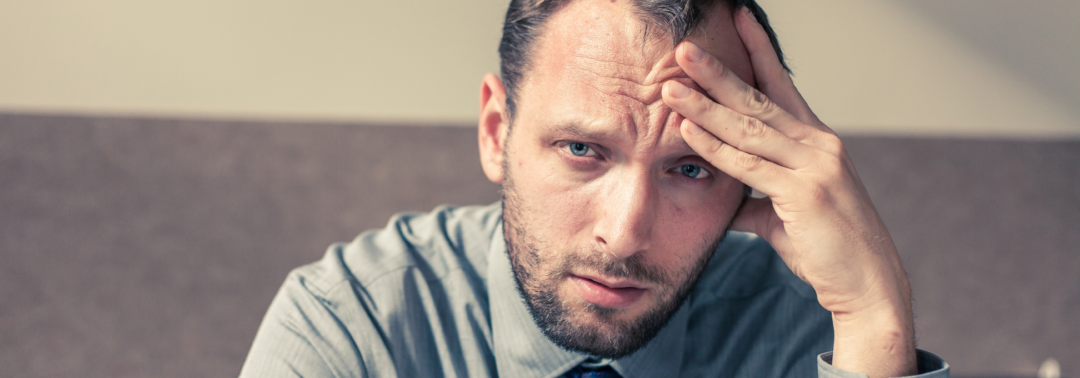In our culture, we almost take for granted that the way to unwind after a long week is to have a few drinks. The same may be true after a tough day or after hearing bad news. It’s a cliche that a character who has just had a shock in a movie or TV show says, “I need a drink.” Although we take for granted that alcohol is a quick way to steady your nerves, there are also several reasons why alcohol is a terrible way to cope with stress, including the following.
The relief is temporary.
Anything you do to relieve stress will only be temporary but the relief you get from alcohol is especially short-lived. Alcohol typically causes physical relaxation pretty quickly after you start drinking but the sweet spot of drinking is fleeting. The progression from feeling relaxed, to feeling great and forgetting about your problems, to being angry, sick, and tired, and finally passing out, typically isn’t more than a few hours. Of that time, you may feel good for an hour, if you’re lucky.
The relief is also temporary in that drinking is not a reliable way to cope with stress. The more you drink, the more your body adapts, and the less relief you get. Eventually, you have to drink just to cope with the stress of not drinking. At that point, you’re in trouble.
There’s a rebound effect.
Alcohol certainly makes you feel relaxed and even sleepy for a while. It does this by mimicking the effect of the inhibitory neurotransmitter GABA and impeding the function of the excitatory neurotransmitter glutamate.
However, you brain is a complex system that tries to maintain equilibrium so when you perturb that system by drinking, it tends to correct for it in the other direction. The problem is that the alcohol you drink eventually gets metabolized, at which point, your physiology swings back the other way. This is why you often wake up feeling tense and anxious after only a few hours of sleep if you’ve been drinking. In other words, you do get some stress relief early in the evening but you more than pay for it a few hours later.
Alcohol impairs your sleep.
As noted above, alcohol can help you fall asleep but you will often wake up and have trouble sleeping once the alcohol has been metabolized. Many studies have shown that alcohol impairs the quality of your sleep, resulting in less deep sleep. Studies have found that poor sleep due to drinking impairs your cognitive abilities, including your ability to regulate stressful emotions. Other research has found that inadequate sleep significantly increases feelings of anxiety. In short, drinking leads to poor sleep, which leads to more feelings of stress.
Alcohol can add to your problems.
Finally, alcohol can add to your load of problems. In addition to making you less able to cope with stress and solve problems the next day, drinking increases your risk of getting in fights, having an accident, getting a DUI, arguing with your partner, and other problems you definitely don’t need right now.
The feeling that you need alcohol to help you relax or cope with negative emotions is often a sign that alcohol has become a problem. Alcohol use disorder is by far the most common substance use disorder but it often hides in plain sight. If you have become dependent on alcohol to help you cope, Tree House Recovery of Portland, Oregon can help. Our holistic program uses fitness, team-building, and therapy to help men recover from addiction and build happier lives. Call us today at (503) 850-2474 to learn more.




